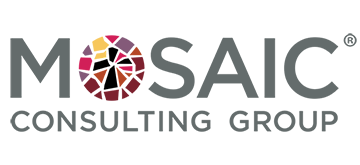12 Strategies for Hybrid-Remote Employee Well-Being
Taking care of your team’s happiness and health in this new world of hybrid and remote work is super important. With healthcare costs going up, companies are looking for smart ways to keep their employees feeling good without breaking the bank. Mosaic Consulting Group has got you covered with twelve awesome strategies designed for this new way of working. These tips will help make sure your team stays happy and healthy while still being easy on the budget.
- Preventive Solutions: Invest in virtual, on-demand programs focusing on preventive health measures. Providing guidance on mental health, physical well-being, substance use, and caregiver burnout can prevent costly conditions and reduce attrition.
- Voluntary Benefits: Expand benefits programs affordably with voluntary options like financial coaching, critical illness coverage, and disaster insurance, offering employees a safety net during financial stress.
- Health-Promoting Incentives: Encourage employee wellness with initiatives like gym stipends, onsite fitness facilities, and subsidized meditation apps. Ensure success by consulting employees on programs they will use.
- Proactive Health Programs: Foster a culture of proactive healthcare by encouraging regular check-ups, vaccinations, and health monitoring. These initiatives not only prevent long-term health issues but also foster team bonding.
- Digital Wellness Benefits: Embrace virtual wellness programs and mental health platforms to support remote and hybrid workers. Subsidizing ergonomic equipment ensures physical well-being while mitigating healthcare costs.
- Inclusive Wellness Workshops: Ensure inclusivity by offering both onsite and virtual wellness workshops covering topics from nutrition to stress management, catering to the diverse needs of hybrid teams.
- Digital Detox Initiatives: Combat digital burnout by promoting digital detox programs, empowering employees to manage screen time and restore work-life balance.
- Medical Concierge Benefits: Ease the burden of finding medical providers with concierge services, saving employees time and reducing healthcare costs by connecting them with appropriate care.
- Connection-Driven Programs: Recognize the importance of social support networks by fostering organic engagement and relationships within the organization, enhancing employee well-being and benefit awareness.
- Benefits for Dependents: Extend wellness programs to include dependents, targeting healthcare costs effectively while improving the health and well-being of employees’ families.
- Virtual Mental Health and Fitness Services: Combat isolation and stress with digital fitness subscriptions, virtual mental health support, and online team-building activities, offering cost-effective solutions to enhance employee wellness.
- Holistic Well-Being Culture: Cultivate a culture of holistic well-being by prioritizing empathy, trust, and human connection. Leadership should model these values to create a supportive environment for employees at work and home.
In conclusion, nurturing employee well-being in the hybrid-remote era requires a multifaceted approach that addresses physical, mental, and social needs while being mindful of budget constraints. By implementing these twelve strategies, businesses can foster a healthier, happier, and more productive workforce, ensuring long-term success in today’s evolving work landscape.




